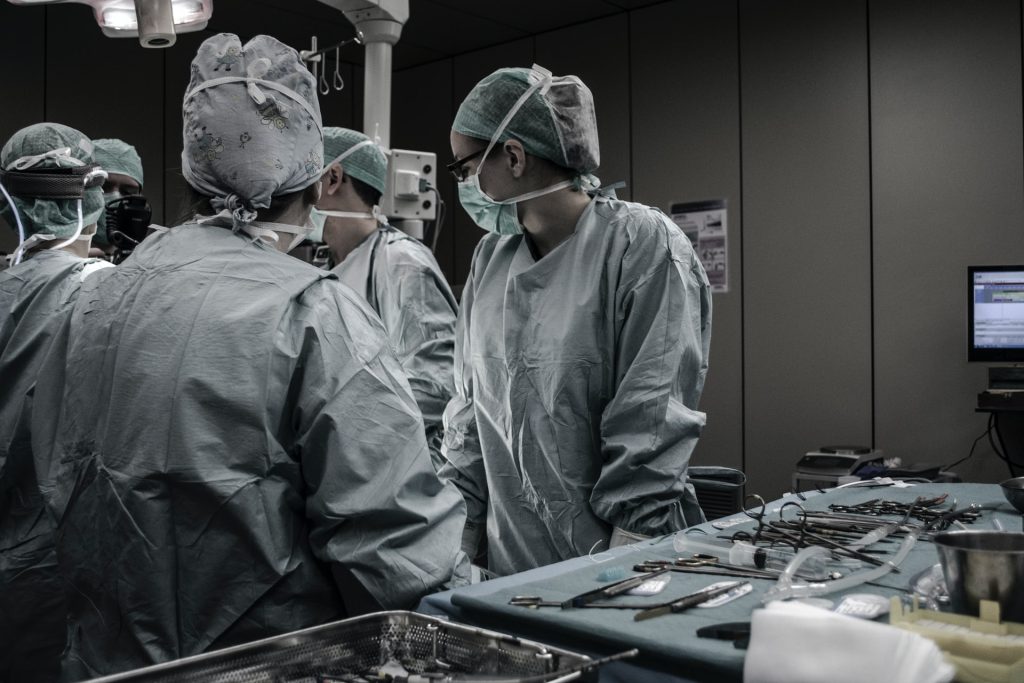
One of a series of lawsuits against the company that makes the da Vinci surgical robot alleges that the company shut down its robot mid-surgery, forcing the surgeons to switch to an open surgery.
Several hospitals have launched a legal battle against the company Intuitive Surgical, the manufacturer of the da Vinci surgical robot. They allege that the company’s monopoly position forces hospitals to buy its maintenance services and spare parts at inflated prices even though cheaper alternatives are available.
One hospital alleges that, after it said that it was considering a service contract with a third party, Intuitive Surgical remotely shut down its surgical robot “in the middle of a procedure”, forcing the surgeon “to convert the procedure to open surgery with the patient on the operating table”.
Separately, malfunctions of the instrument arms have been reported, requiring additional, sometimes larger, incisions in patients in order to complete the surgical procedure manually. Use of the robotic technology also requires longer operating and anesthesia times as well as several complications occurring from the use of the da Vinci Surgical System itself.
Intuitive Surgical sells its da Vinci surgical robot to hospitals for anywhere from $500,000 to $2.5 million each. However, a majority of Intuitive Surgical’s $4 billion of annual revenue comes from the parts and services that are required to keep the robots running. Its executives are among the most highly paid in the healthcare industry.
Franciscan Health, Valley Medical Center and Kaleida Health filed class-action lawsuits. These hospitals that claim Intuitive Surgical has a monopoly on minimally invasive surgical robots, giving the company a “near-stranglehold” on the parts and services market for the robots.
One lawsuit alleges hospitals cannot have their da Vinci robots serviced by third parties because Intuitive Surgical forces hospitals to sign “multi-year, exclusive servicing agreements” at rates that are much higher than other vendors’. Hospitals also allege they are coerced into buying new, expensive instruments and attachments for their robots (called EndoWrists) after 10 uses, even if the parts are in good working condition. A limited extension of these uses has been launched by the company. The lawsuit alleges that Intuitive Surgical engineers have threatened hospitals with turning the machines into “paperweights” should hospitals seek outside vendors for parts or repairs.
While Intuitive Surgical has faced antitrust lawsuits from third-party repair and service companies since 2019, these hospital class-action lawsuits are new.
In an email, an Intuitive Surgical spokesperson told MedPage Today that the medical robotics company “does not have the ability to remotely shut down a da Vinci system during a surgical procedure underway at hospital.”
“There is risk associated with deviating from the validated processes cleared by regulatory authorities,” the spokesperson stated. “Continued use beyond an instrument’s determined useful life may reduce safety, precision, and dexterity. Further, third parties may use incompatible or unvalidated parts or processes in servicing or repairing the systems, which could cause damage and put patient safety at risk.”
Source: Axios

